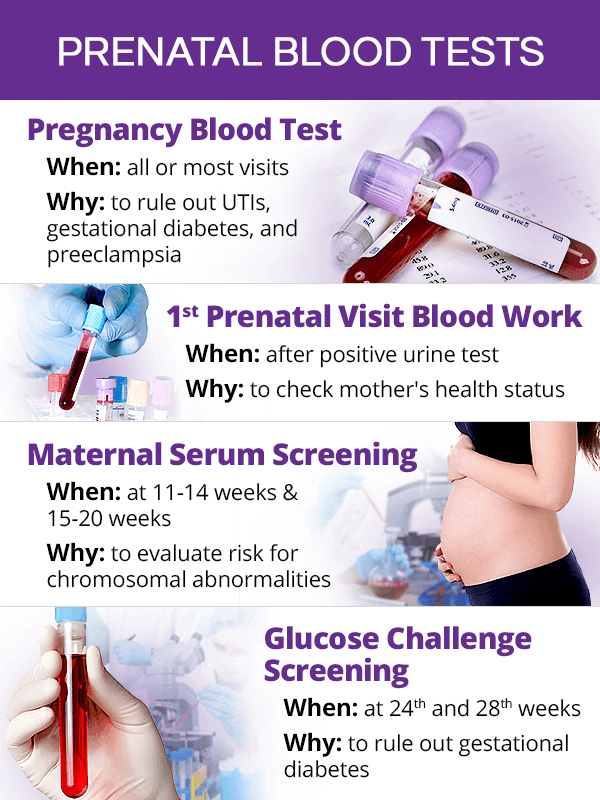Why Veterinary Diagnostics Matter for Dogs and Cats
Why Veterinary Diagnostics Matter for Dogs and Cats
Blog Article
Dogs and cats bring joy to our homes, and ensuring their well-being requires effort. Veterinary laboratories are essential tools in guiding treatment plans for household animals.
In this guide, we’ll delve into how diagnostic testing supports pet health and explain the testing process.
What Are Veterinary Labs?
Diagnostic labs for pets support veterinary care for examining samples. These labs support animal doctors to tailor care to the pet’s needs.

How it works usually includes:
- Preparing samples for testing: Biological materials are taken by the vet.
- In-depth testing: State-of-the-art processes conduct the tests.
- Analyzing findings: Data supports treatments for proactive solutions.
Common Veterinary Tests for Dogs and Cats
A variety of tests are available for pets to monitor overall health. Common exams include:
- Biochemical screens: Provide an overall health picture.
- Urinary health exams: Identify dehydration.
- Digestive system evaluations: Monitor intestinal health.
- Dermatological diagnostics: Improve coat health.
- Imaging diagnostics: Spot fractures or injuries.
laboratório diagnóstico veterinário
clínica e laboratório veterinário da villa
How Testing Supports Pet Health
Ongoing evaluations improves pet care. With timely diagnostics, your pets stay healthier longer.

Why diagnostics matter include:
- Improved health outcomes: Recovery chances improve.
- Cost savings: Emergency costs are avoided.
- Peace of mind: Stay ahead of potential issues.
The Value of Diagnostics for Pet Owners
Animal diagnostic centers help pets live long, healthy lives. Through proactive diagnostics, you protect their well-being.
Talk to your vet about testing today and ensure their happiness and longevity!
Report this page